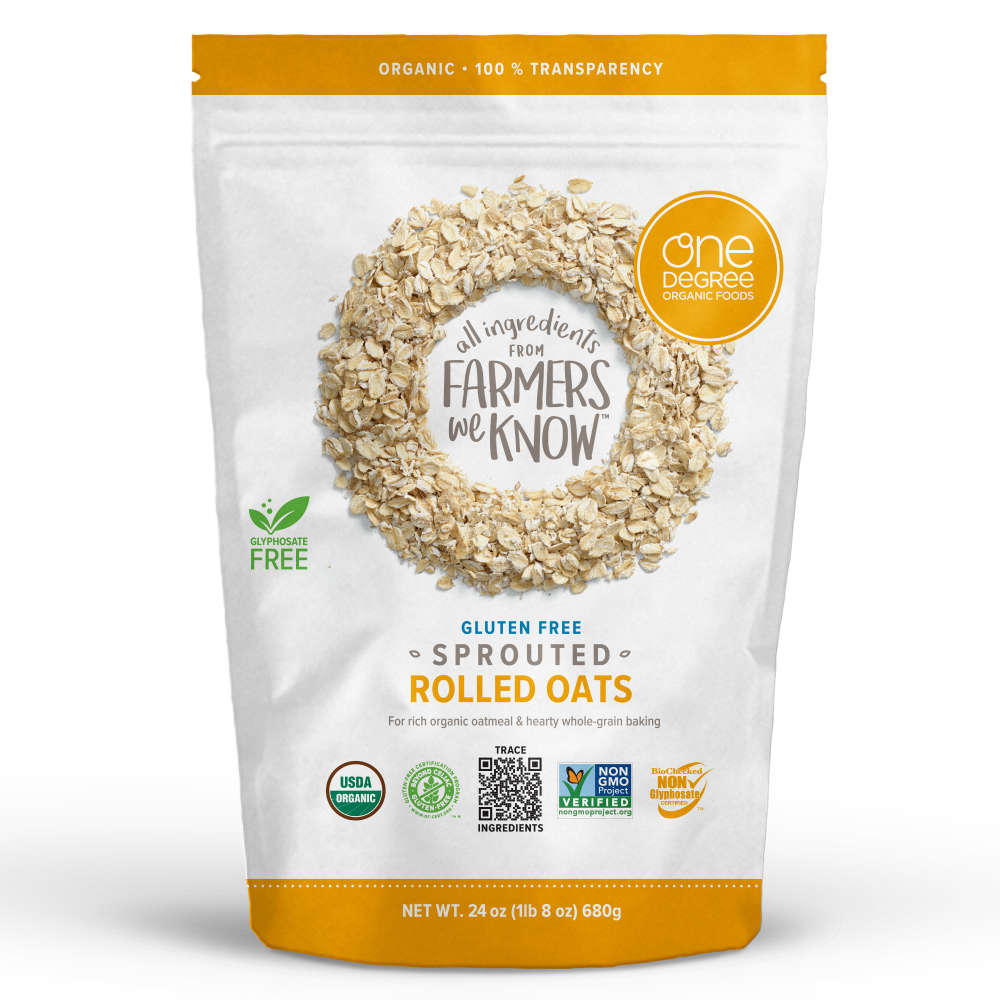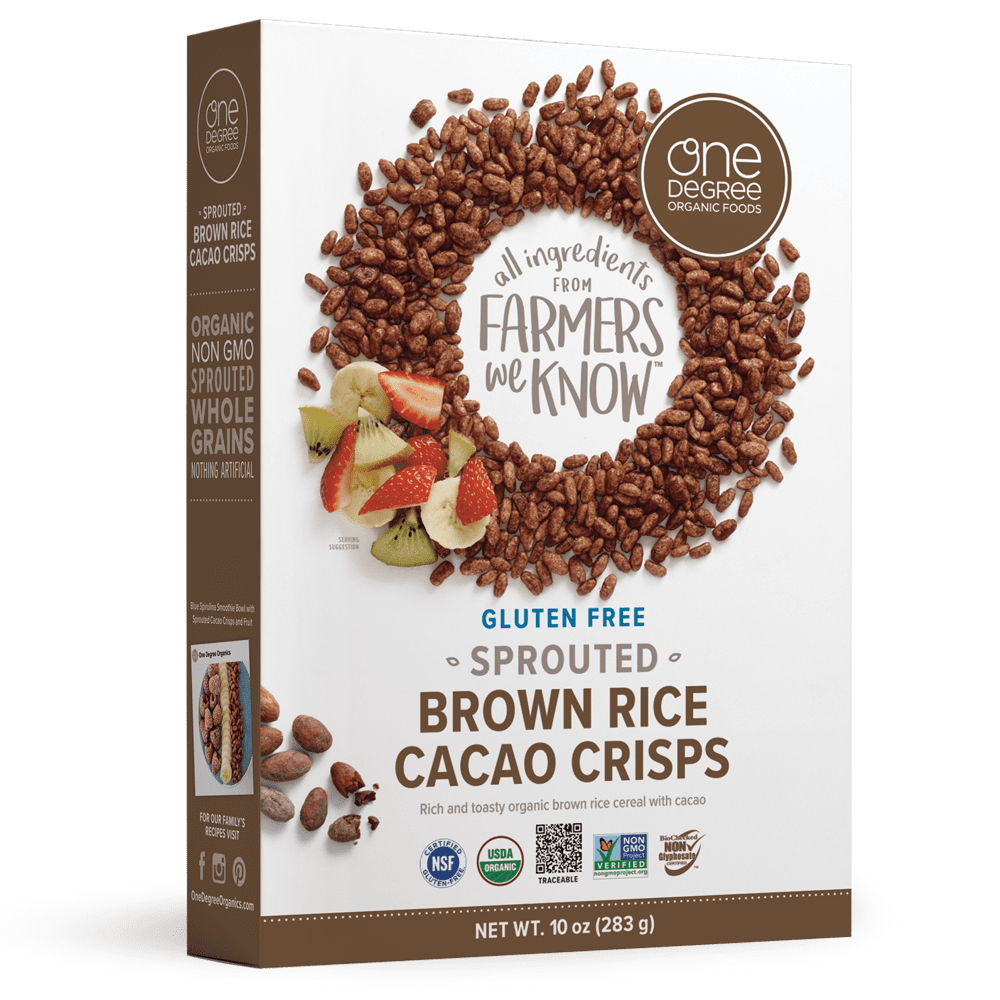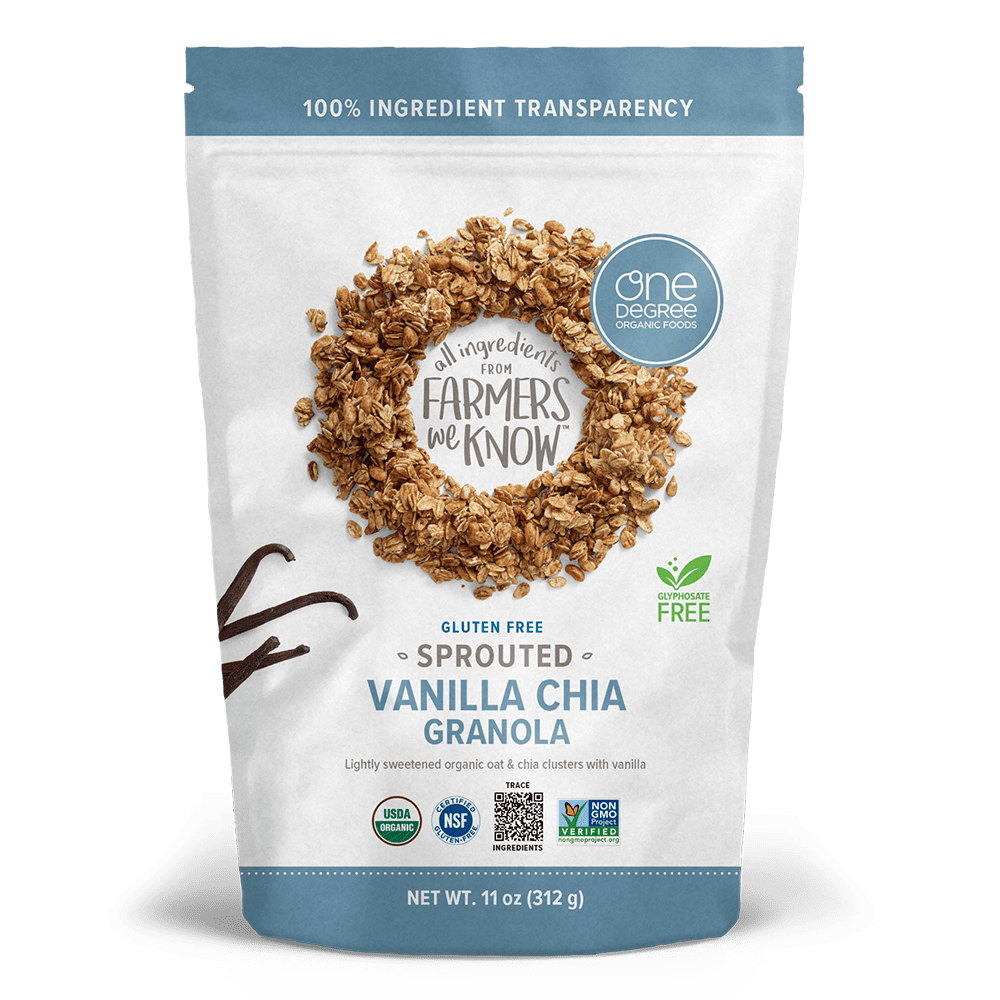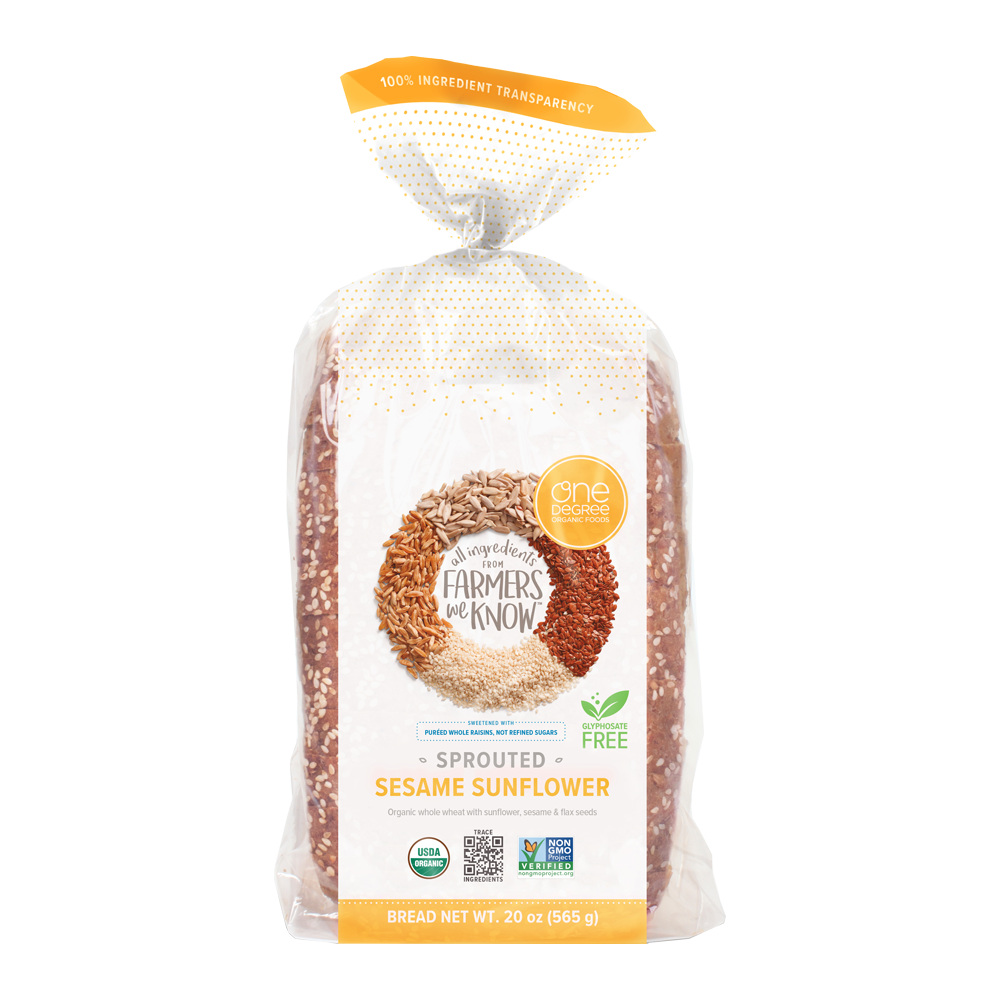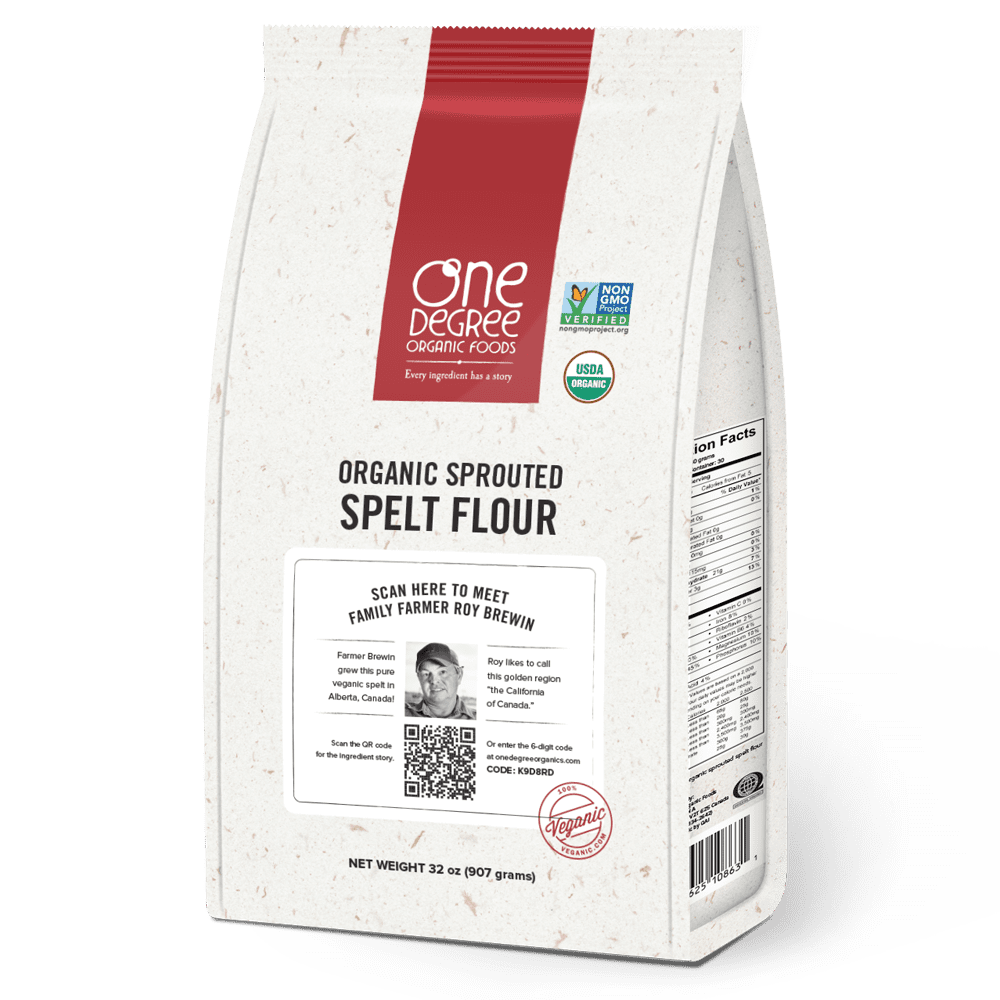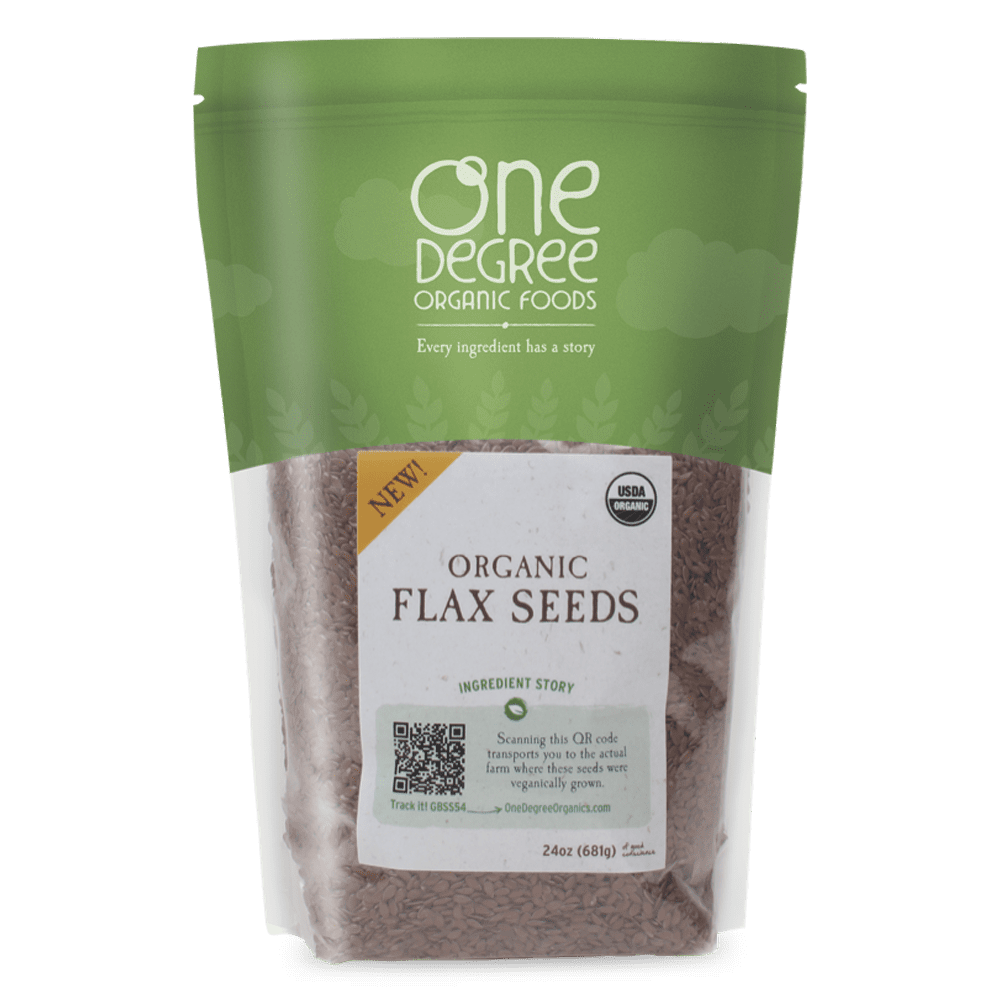Amaranth
Amarantos Mexiquenses
Amaranth is an ancient grain prized by many of history’s most intriguing civilizations. The Greeks named it “unfading” and “eternally beautiful.” The Aztecs were so attached to this richly nutritious crop that uprooting their society required uprooting amaranth itself.
As always, nature had the last word: The conquistadors are long gone, but amaranth survives in its original, pure form.
It’s no surprise that a grain clever enough to outlast a colonial empire might be found in some improbable places. One Degree was fortunate enough to discover a harvest of true veganic amaranth thriving in a land of volcanoes, cultivated by an idealistic farmer who once dreamed of becoming a physicist.
In the modern age, Felipe Hernández Galicia was the very first to grow organic amaranth in Mexico. Since that milestone more than a decade ago, demand has soared for his crop, which is now an essential ingredient in products ranging from breakfast cereals to alegría, a candy made of amaranth mixed with honey, molasses or chocolate. The name says it all: alegría is Spanish for “joy.”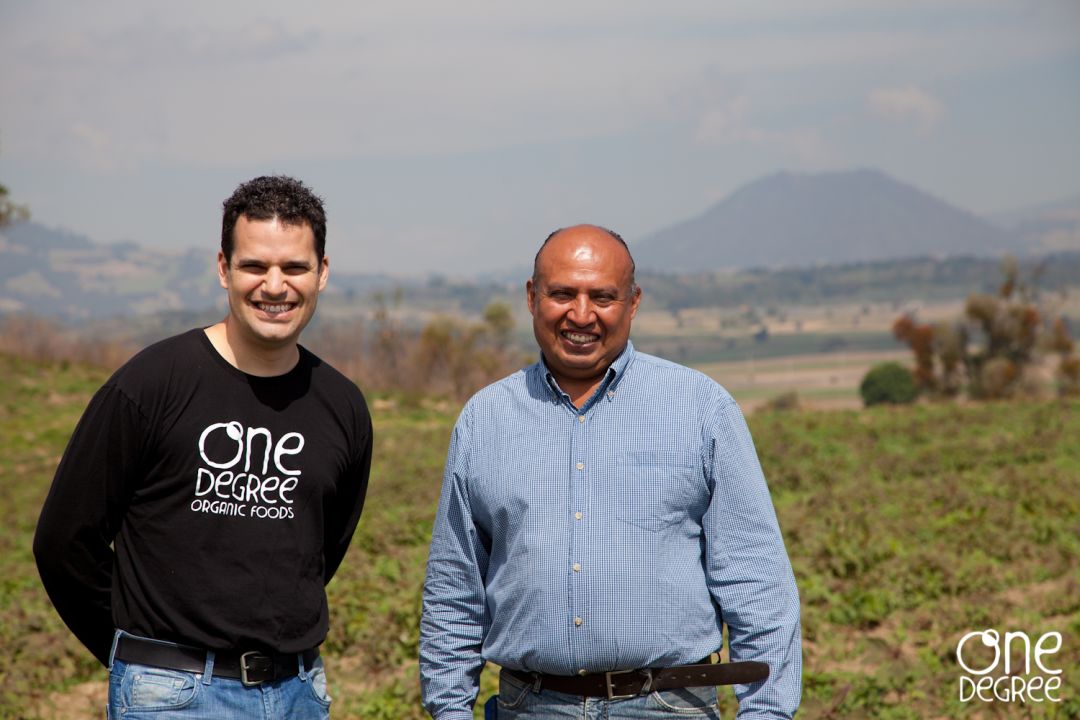
Joy is something Felipe seems to bring to every endeavor. His enthusiasm is refreshing, and his commitment to helping family and community is as genuine as the pedigree of his favored ancient grain. When his grandfather needed help running the family farm, Felipe returned to his village from the National Autonomous University of Mexico, where he had been studying physics with a specialization in atmospherics and earth science.
“My grandfather was old and couldn’t work his fields anymore, so he needed a hand,” Felipe remembers. “I shared a lot of time with my grandfather, a lot of time on the fields. Since I did not have a dad I spent most of my time with my grandfather. My origin comes from a broken family. I did not have a father or economical support of my dad, so my grandfather was very close and important to me to help me grow as a person.”
Choosing life as a farmer in a small village would not, however, require him to forgo his love of science. The village itself is a living symbol of respect for discovery and academic achievement.
Founded in 1525 as Ozumba, the town was officially renamed Ozumba de Alzate in 1879 to honor José Antonio de Alzate y Ramírez, a famous scientist, botanist, cartographer and priest who was born there. The town’s favorite son even has a plant genus named for him, a classification that includes Alzatea verticillata, a blossoming tree endemic to this region of crystalline rocks and volcanic soil.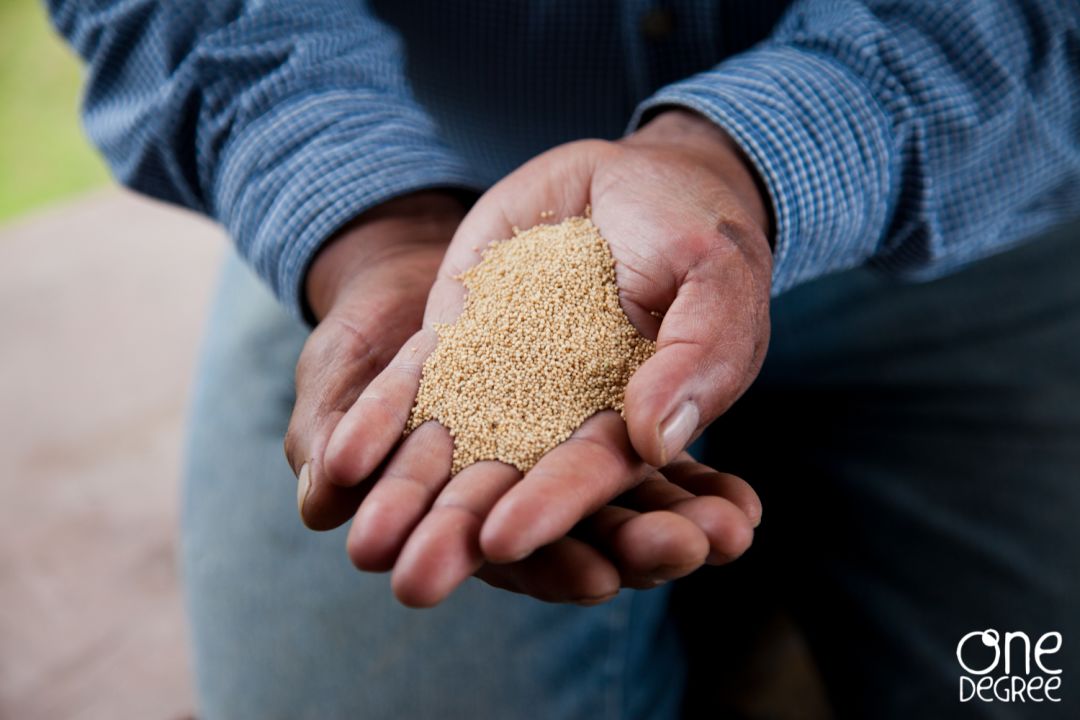
Beyond the symbolism, there was also ample opportunity to apply the lessons of science to building nutrients in the fields and growing healthy, nutritious crops. Those lessons led Felipe directly to veganic cultivation for his amaranth.
“We noticed important things associated with animal-based compost,” he told us. “We noticed a huge amount of antibiotics that are put in the cattle. Many of those antibiotics are still present in the manure. And they have a huge quantity of hormones that are also obtained through synthetic chemical processes. The elements present in the manures had no evidence that it wouldn’t affect the activity of the microorganisms in the soil that is used to grow the amaranth.”
Instead of animal by-products, he discovered that by-products of amaranth itself provided the most effective fertilizer. “We noticed that the element that was easiest to use was the leftovers of the amaranth. At first it was difficult to explain to people that it was easy to use plant-based compost and that it would work in the crop without animal-based elements.
“We have researched with tests and literature the chemical components of the stem of the amaranth plant, that has nitrogen and calcium naturally in the plant.”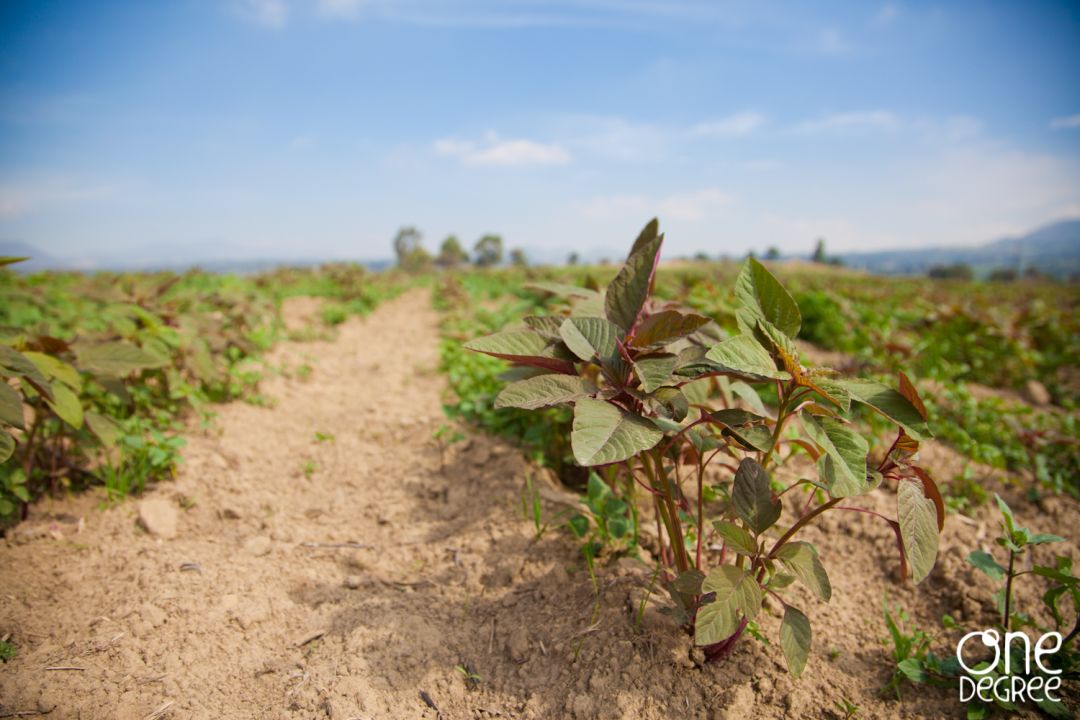
Mixing the unused portions of amaranth also improved the efficiency of the seeding operation. “This model of applying this compost actually solves a lot of problems when we seed because the seed of the amaranth is really small. And because we require a mechanical system to seed, it requires a lot of organic matter to seed the fields. This means that we need 1.5 tons of organic matter already processed as compost with 30 kg of organic seed that we have to spread over a one-hectare field.”
Felipe’s intuitive wisdom combined with his acquired practical knowledge also compels him to do everything he can to protect the integrity of the amaranth seed, which he views as one of the great treasures of Mexico. Not surprisingly, he strongly rejects GMO, which is as much of a threat to the survival of genuine ancient grains as Cortez ever was. “It goes against nature and tradition,” he says. “I see it as a national safety issue as we put our ancient seeds at risk. I know farmers who have to buy certain kinds of seeds that work with certain kinds of herbicides and pesticides; without them they cannot make their crop grow. This is very far from the natural way.”
For a hardworking farmer with such strong values, One Degree’s concept of complete ingredient transparency is a natural fit. “I think it’s very important for people to know the origins of where your food comes from,” Felipe says. “One of the most important things to have when growing organic is the traceability. As consumers are responsible for what they buy, they make farmers like me be responsible about what we grow and sell.”
Felipe’s success in applying both science and ethics to farming has brightened the futures of many families, as well as the wider community. At least a half dozen workers and their families depend on Amarantos Mexiquenses, and Felipe accepts that responsibility with a word that often defines him: joyfully.
When a consumer chooses his amaranth, says Felipe, it “motivates us farmers to keep this soil healthy, be transparent, and to keep doing our work honestly. By buying this product they are supporting not just the farmer, but this region and the organic movement.
“One of the things I realized from this project is that I was getting more than just a personal benefit, but I received a benefit by helping other farmers. This is a social project, a responsible project that helps the environment and people. It pleases me that we can make a product that helps so many.”
— Charlie Dodge
